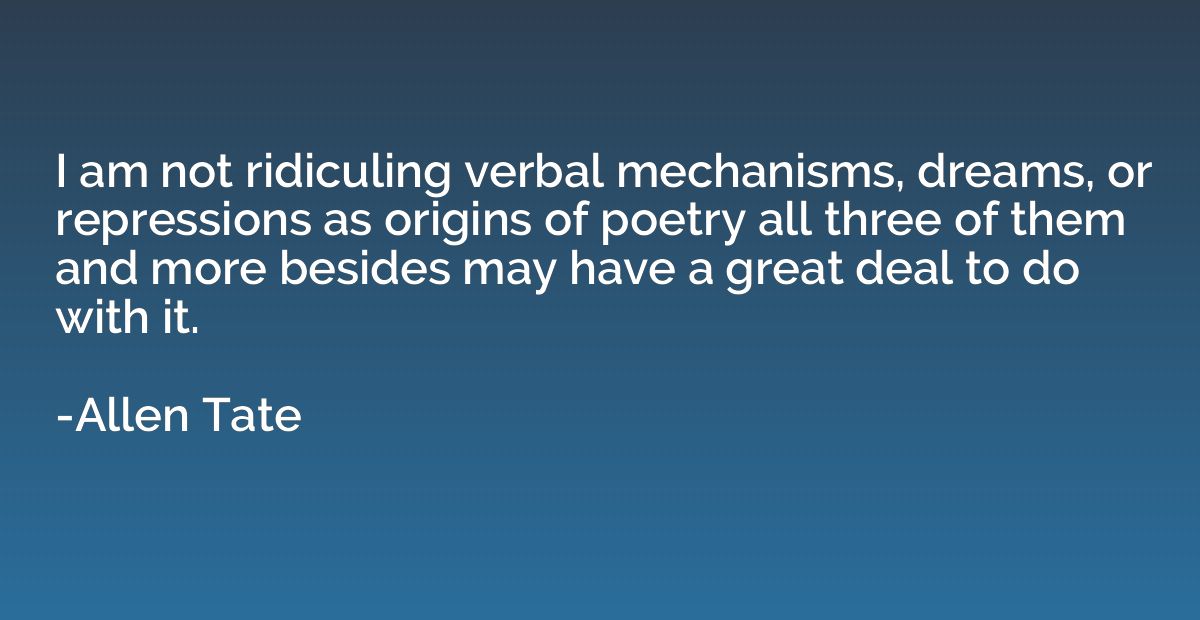Summary
This quote expresses the human tendency to take pleasure or satisfaction when witnessing the misfortune or downfall of someone who was once considered an enemy. It highlights the darker aspect of human nature, where the desire for vengeance or retribution can overshadow empathy or compassion. It reflects how seeing a former adversary experiencing difficulties can evoke feelings of superiority or vindication. However, it also warns against reveling too much in the misfortunes of others, emphasizing the importance of empathy and forgiveness in fostering compassionate relationships.
By Euripides















